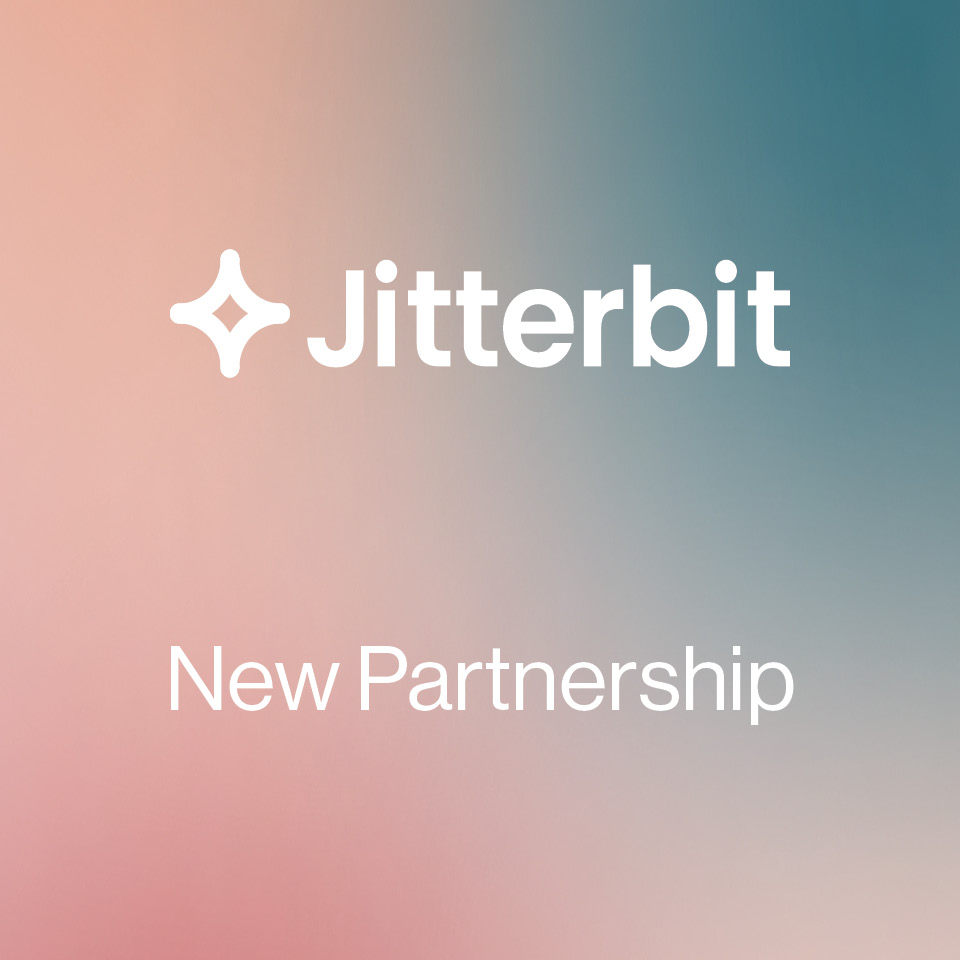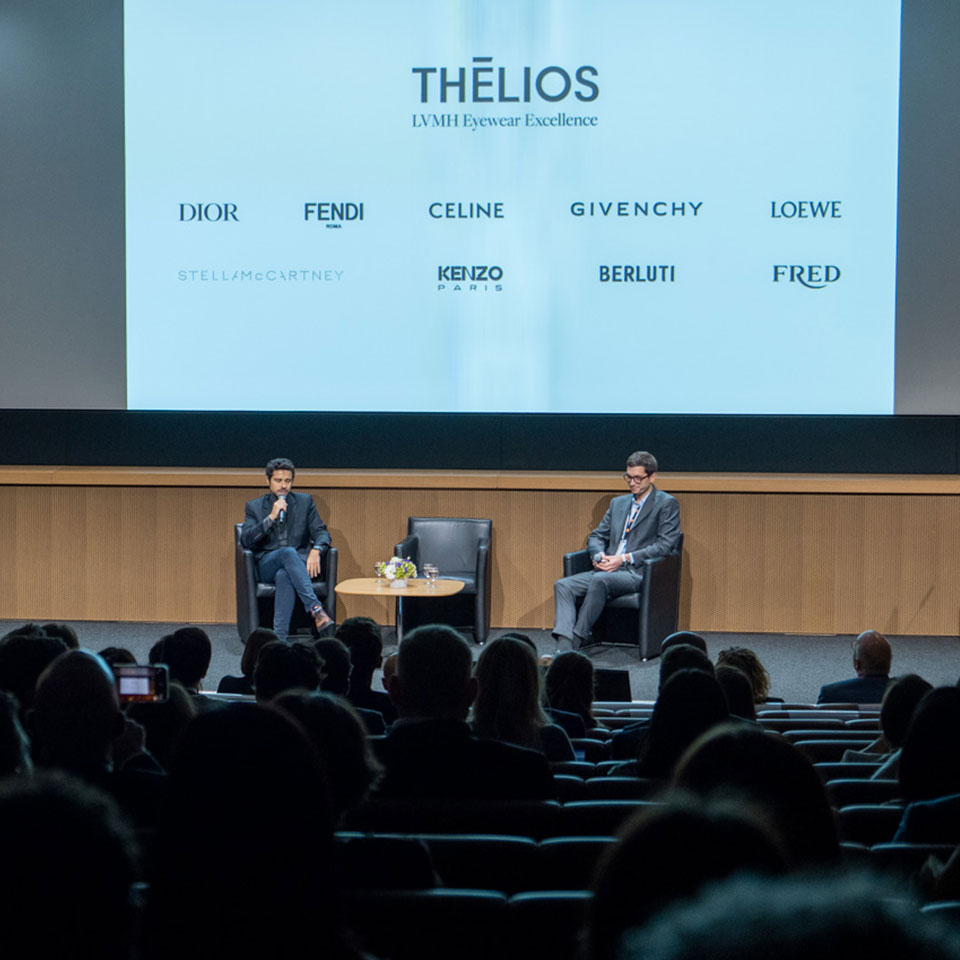
- Partnership
The Netcomm Forum placed the spotlight on the new patterns of the digital challenge for businesses. During two roundtables online, Alpenite initiated a reflection aimed at exploring the trends to come in the Design & Furniture sector, and the changes in customer experience in the e-commerce area.

Faster Than Now, towards a more interconnected, sustainable future: the 16th edition of the Netcomm Forum 2021, in a fully digital format, has recently come to a close.
The benchmark event for the Italian digital universe, which for 15 years now has been accompanying the development of e-commerce and digital transformation, succeeded in providing a broad-ranging analysis of the new trends in the development of e-commerce and in setting out a roadmap for the strategy to be implemented, thanks to the contribution of all those taking part. What emerged from this analysis is that today’s digital retail supply chain requires a systemic approach, involving the entire value network.
Alpenite’s valuable contribution to the panel of the Forum took the form of two workshops, which used a number of important case studies to examine a number of issues relating to digital retail and e-commerce.
The first of the workshops organised by Alpenite was dedicated to design and furniture, a sector in which Italian excellence is acknowledged worldwide. In the workshop entitled Design & Furniture Made in Italy: the challenges of the new normal for brands and for distribution, Alpenite joined other three leading companies in the sector to initiate a reflection on these new challenges and on the transformation underway in the relationship with customers, which has been accelerated by the pandemic and determined by the new purchasing behaviours.
Taking part in the roundtable were Guido Gorlato, Digital Marketing Manager & E-commerce Manager of Calligaris, Marco Cassina and Frederick Billiau, Marketing Manager and CEO of MDF Italia and Mattia Bedin, Business Development Manager of AD Dal Pozzo. The moderator was Alpenite’s Business Developer, Federico Betti: <<We’re faced with a scenario that is becoming less and less website-centric, because social media are now the channel relations, service, engagement and sales pass through, and e-commerce is the area our main efforts are focused on. This is the onlife era, in which the physical and the virtual blend seamlessly, and the strategic assets we mustn’t lose sight of remain the Omnichannel Approach, the Customer Experience and sustainability. Being “Faster than now” means heading towards a smart, sustainable future>>.
The second of the Forum workshops organised by Alpenite, Barilla Dedicated to You: an example of e-motional commerce, featured contributions from Alpenite’s Business Developer Gianmarco Altieri, and Laura Pezzotta, Head of the Personalization Unit at Barilla, who illustrated how the Dedicated to You project came about, from strategic needs to future developments, providing an example of e-motional e-commerce, managed from the start with a flexible, fluid approach. “We are particularly happy to present this project”, explained Laura Pezzotta. “It is a new experience for Barilla, but one we believe our consumers may find interesting. We have been studying the trend toward personalization for years now, intending to make everyone feel as important as they are to us and our brands. Through the Dedicated to You project, we want people to continue to feel close to one another, even when they are forced to spend time apart, or have the opportunity to feel gratified simply by treating themselves or others to something unique, personal and welcome. Without neglecting respect for the environment, which is a priority for our Group”.
To support the digital evolution of businesses and to contribute, through the digital retail value network, to the growth of the Italian economy, we have to change the model. This means starting to implement a “connected economy” vision, in which citizens, consumers and businesses act in synergy. Doing so requires an effective digital transformation program able to support and facilitate businesses in their transition, to systematically connect business districts, industrial supply chains, public bodies and businesses, to offer consumers products and services in line with a new lifestyle, and to make it easier for companies to be sustainable, and therefore competitive.


